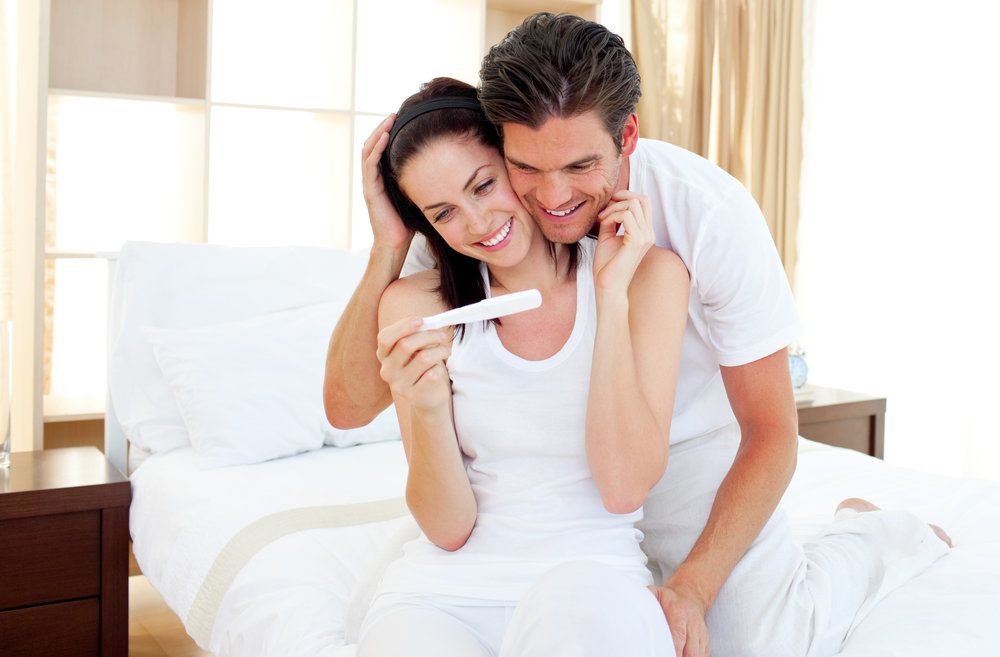What Are the Most Fertile Ages?
 Even though you may be in good health for your age, most people with experience changes to their reproductive health as they get older. This particularly true as people reach middle age and beyond. As you can imagine, people are most fertile and have the best reproductive health when they are younger adults. Infertility treatments at the Houston Fertility Center can help people of all ages start families, but our specialists will need to consider your age before any kind of treatment is initiated.
Even though you may be in good health for your age, most people with experience changes to their reproductive health as they get older. This particularly true as people reach middle age and beyond. As you can imagine, people are most fertile and have the best reproductive health when they are younger adults. Infertility treatments at the Houston Fertility Center can help people of all ages start families, but our specialists will need to consider your age before any kind of treatment is initiated.
Houston, TX fertility specialist Dr. Sonja B. Kristiansen would like to consider the most fertile ages for men and women. This will take into account the ease of getting pregnant as well as the health of the baby as he or she is brought to term.
The Ages When Women Are Most Fertile
For most women, the ideal age range for healthy fertility is between the ages of 20 and 24. This is when it is easiest to get pregnant and when the babies born are generally healthiest.
That isn’t to say that women older than 24 can’t get pregnant. In fact, fertility in women remains pretty good up until the late 30s. At that point, female fertility and reproduce health become more of an issue. Women may find it harder to conceive if they wait to become mothers, especially if they wait until after 40.
Reasons for Age-Related Decline in Female Fertility
There are a whole hist of reasons why a woman’s fertility may decline with advanced age. Some common explanations include:
- Fewer Good Quality Eggs - Your ovarian reserve declines with age. As you get older, there are fewer good quality eggs in your ovarian reserve, which means that getting pregnant becomes more difficult.
- Irregular Periods - As women near menopause, their periods become irregular, which can make getting pregnant much more difficult.
- Early Menopause - On the note of menopause, some women may develop menopause early, even at the age of 40.
Infant Health Risks as Women Get Older
In addition to difficulty getting pregnant, a woman’s ovarian reserve can also impact the development of a child. Pregnancy loss, chromosomal disorders, and birth defects become more likely when women get into their late 30s. These problems only become more serious as women reach their 40s. It’s something worth considering if you would like to have children at some point. Timing is key for you and your baby.
How Does Age Affect Male Fertility?
There’s a common misconception that men can conceive until they’ve passed away. While that may be true in rare cases, men also have a peak age for fertility.
As men get older, their sperm count and sperm quality diminishes, which can make conceiving more of a challenge. Erectile dysfunction can also play a role in male infertility. In addition, there’s a higher risk of birth defects among older fathers, particularly once they’re into their 40s and older.
Age When Male Reproductive Health Is Best
As with women, the ideal age range for male fertility and reproductive health is in the early to mid 20s. Men can still father heathy children in their 30s, but should keep in mind the potential for infertility and birth defects as they reach middle age.
Contact Dr. Sonja B. Kristiansen
For more information about your fertility health and how we can help you, be sure to contact the team at Houston Fertility Center. Our fertility experts can offer insight and advice into your needs. The practice can also be reached by phone at (713) 862-6181.


